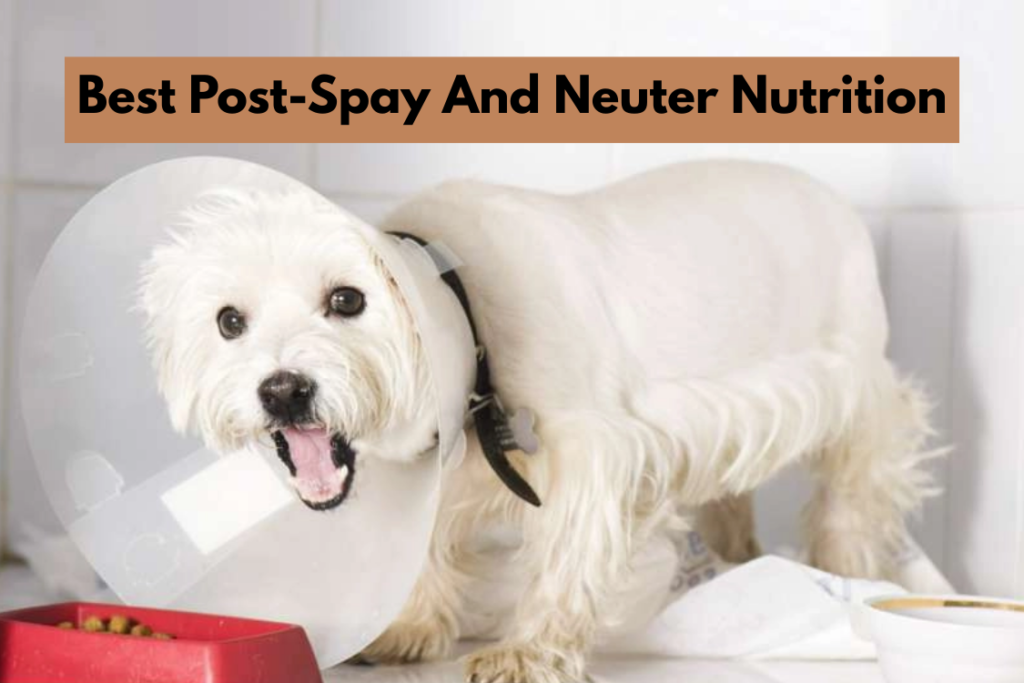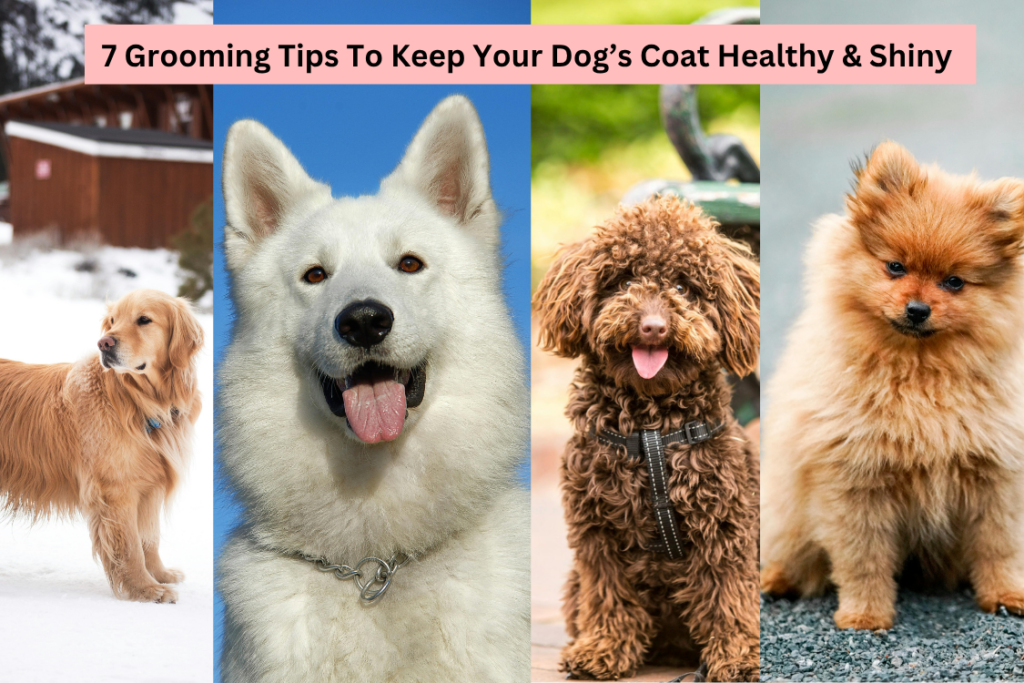Spaying or neutering your dog is a routine procedure with numerous benefits, including preventing certain cancers, reducing behavioral issues, and contributing to the overall health of your pet. However, this surgery also brings significant hormonal changes that can affect your dog’s metabolism, energy levels, and dietary needs.
In this article, we’ll explore the best food options for spayed and neutered dogs, why they need specific diets, and how to ensure they stay healthy and happy post-surgery.
Understanding the Impact of Spaying and Neutering on Your Dog
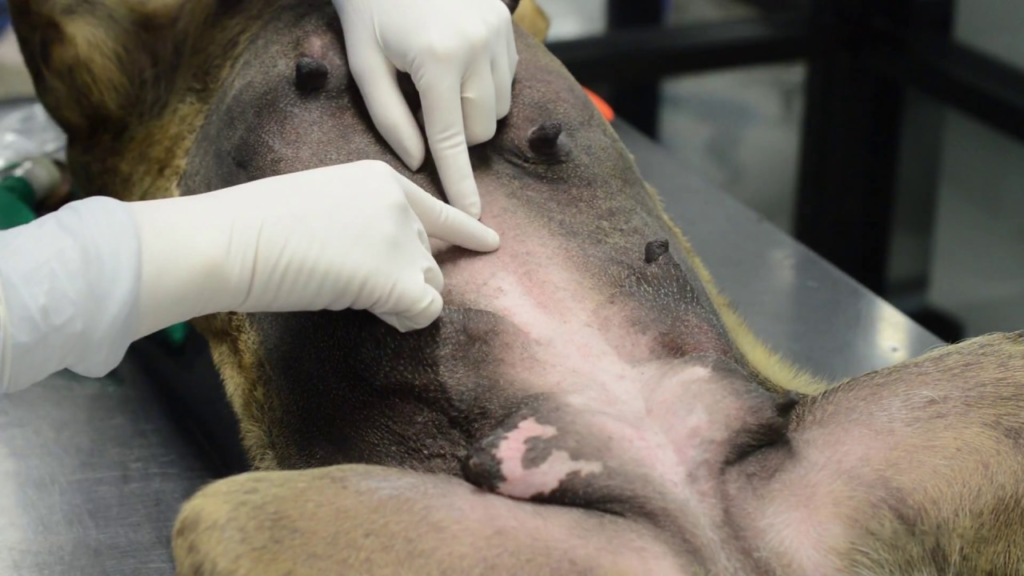
Spaying (for females) and neutering (for males) involve the removal of the reproductive organs. While these surgeries are important for preventing unwanted pregnancies, they also cause hormonal shifts in your dog’s body. These changes can lead to reduced activity levels, a slower metabolism, and an increased risk of weight gain.
After the procedure, many dogs become less active due to the drop in hormones. As a result, they may not burn as many calories as before, leading to potential weight gain if their diet isn’t adjusted. Therefore, choosing the right food is essential to help your dog maintain a healthy weight and avoid obesity-related issues such as diabetes, joint problems, and heart disease.
Why the Right Diet Matters for Spayed & Neutered Dogs
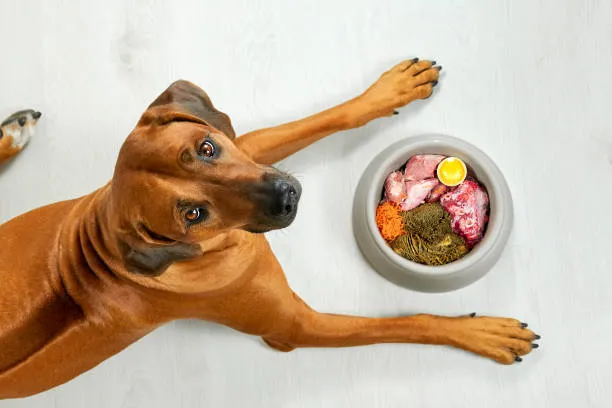
Spayed and neutered dogs need a specialized diet that reflects their altered metabolism. Without proper nutritional adjustments, these dogs are more prone to gaining weight. In addition to weight management, the right food will help support their overall health and well-being by providing the necessary nutrients they need.
The primary goal after spaying or neutering is to maintain a healthy weight, support metabolism, and keep your dog active and healthy. The ideal diet for a spayed or neutered dog should be lower in calories, higher in protein, and include ingredients that minimize digestive issues and improve overall wellness.
Adjusting Caloric Intake: Fewer Calories for a Healthy Weight
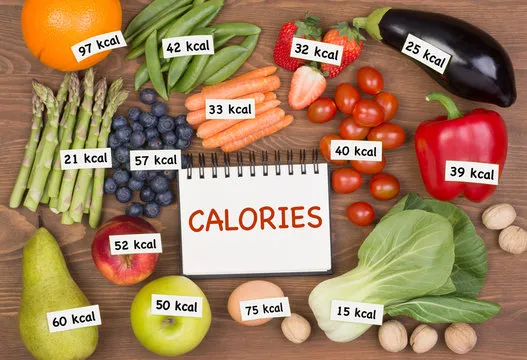
One of the most significant changes for spayed and neutered dogs is their reduced caloric needs. Since they generally become less active, they require fewer calories to maintain their weight. Feeding them the same amount of food as before can lead to obesity.
It’s essential to switch to a food with lower calorie content that helps your dog feel full without overeating. Many commercial dog foods are specially formulated for spayed and neutered dogs, offering reduced-calorie options. These foods typically include lean protein sources, healthy fats, and added fiber to help with weight control.
Supporting Healthy Weight Management
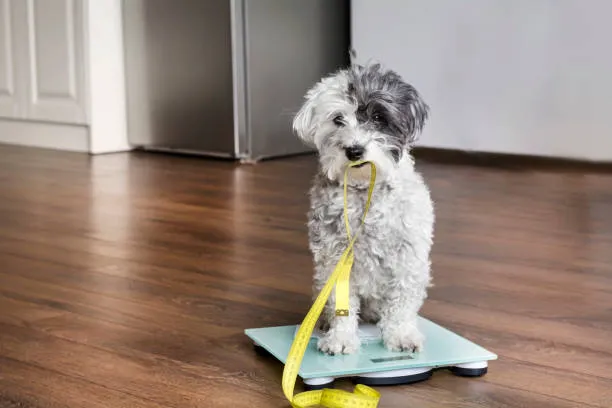
A specialized weight-management diet is key to keeping your dog fit after surgery. Dogs that have been spayed or neutered often gain weight due to the combined effects of a slower metabolism and decreased activity levels. Foods formulated for weight management are a great option because they help prevent weight gain while still providing the necessary nutrients to keep your dog healthy.
Look for dog food with higher levels of protein and fiber. Protein is important for maintaining muscle mass, which helps prevent weight gain and promotes healthy energy levels. Fiber, on the other hand, helps to regulate digestion and keeps your dog feeling full, reducing the likelihood of overeating. To stay on top of your dog’s health, it’s smart to track their weight —check out Step-by-Step: How to Weigh Your Dog at Home.
Key Ingredients to Look for in Dog Food for Spayed & Neutered Dogs
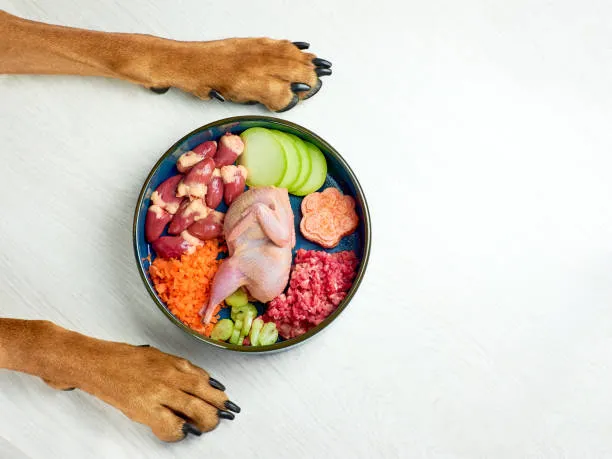
When selecting food for your spayed or neutered dog, consider the following key ingredients:
- High-Quality Protein: Protein helps maintain muscle mass and provides satiety, preventing overeating. Look for quality sources of protein like chicken, turkey, and fish.
- Low Fat Content: Since spayed and neutered dogs are more likely to gain weight, it’s important to choose food with a controlled amount of fat. This helps prevent excess weight gain while still supplying the energy your dog needs.
- Fiber for Digestive Health: Fiber not only aids in digestion but also helps to manage your dog’s weight. Ingredients like sweet potatoes, pumpkin, and beet pulp are great sources of fiber that support digestive health and help your dog feel full longer.
- Vitamins and Minerals: Look for dog foods that include essential vitamins and minerals to support overall health, such as:
- Omega fatty acids for a shiny coat and healthy skin.
- Glucosamine and chondroitin for joint health, especially important as your dog ages.
- Antioxidants to support the immune system and protect against free radical damage.
Top Dog Food Brands for Spayed & Neutered Dogs
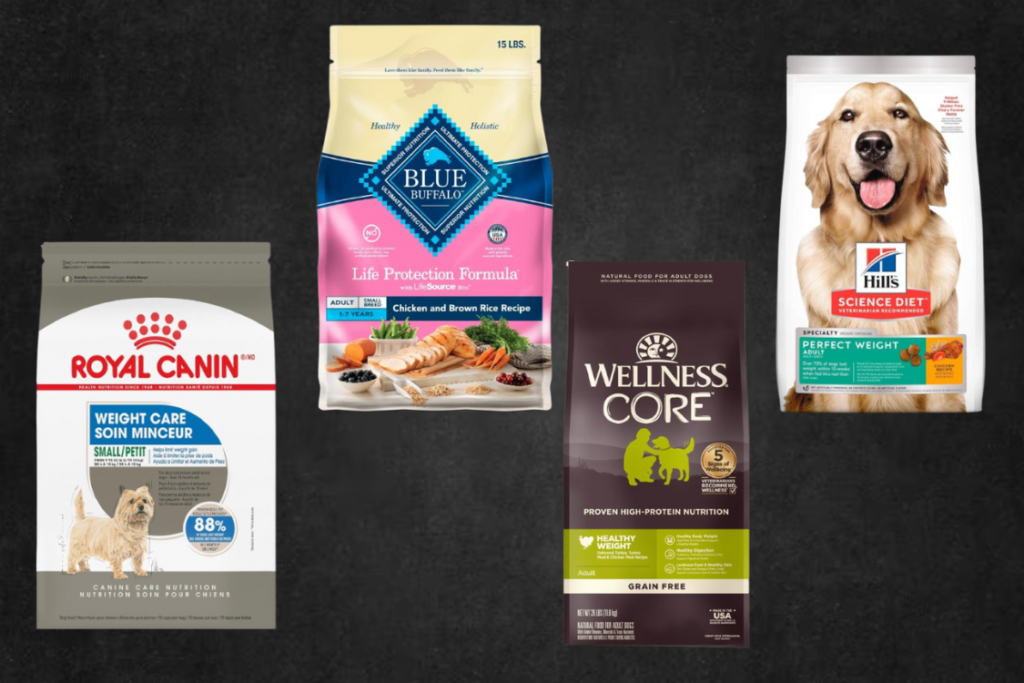
Several brands offer foods specifically designed for spayed and neutered dogs. These foods provide balanced nutrition while addressing the specific needs of your pet. Here are some top-rated options:
- Hill’s Science Diet Adult Perfect Weight: Hill’s Science Diet formula is designed for weight control and includes high-quality protein, controlled fat levels, and fiber to support healthy digestion. Hill’s Science Diet is known for its veterinary-recommended formulas that support overall health.
- Royal Canin Veterinary Diet Weight Control: Royal Canin Veterinary diet offers a specialized formula for weight management in spayed and neutered dogs. The formula is enriched with fiber to keep your dog feeling full, helping to reduce overeating. It also provides essential nutrients for overall health.
- Blue Buffalo Life Protection Formula Adult Small Breed: This Blue Buffalo Life Protection food features high-quality protein (debones chicken), antioxidants, and healthy fats for overall health. It’s particularly beneficial for smaller dogs and provides glucosamine for joint health.
- Wellness CORE Grain-Free Reduced Fat Formula: Wellness CORE’s grain-free, reduced-fat formula is ideal for dogs needing to lose weight. It’s high in protein and low in fat, helping your dog maintain lean muscle mass while preventing weight gain. Plus, it contains added omega-3 fatty acids for a shiny coat and healthy skin.
Portion Control: How Much Should You Feed?
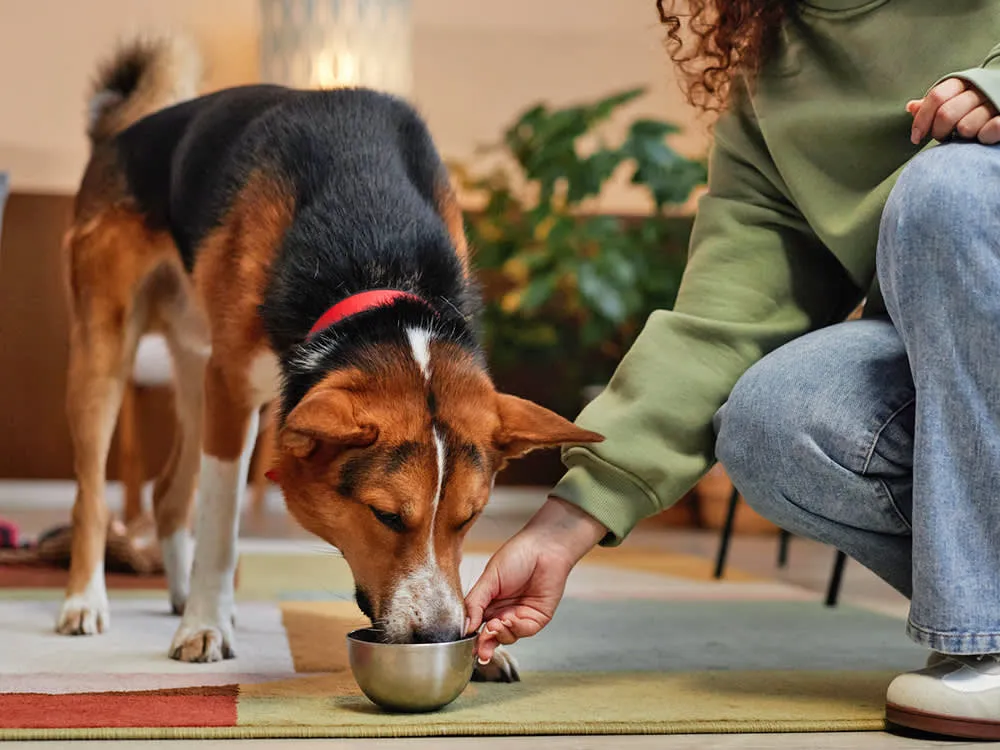
Portion control is essential for managing the weight of your spayed or neutered dog. Even if you’re feeding high-quality food, overfeeding can still lead to weight gain. Most brands provide feeding guidelines based on your dog’s weight and activity level. It’s important to follow these recommendations and measure out food to avoid the temptation to overfeed.
Avoid free-feeding (leaving food out all day), as it can lead to overeating. Instead, feed your dog two or three measured meals a day. If you want to simplify feeding while sticking to portion control, check out the 5 Best Automatic Dog Feeders. These feeders are great for busy pet parents who want to ensure consistent, scheduled meals.
The Importance of Regular Exercise
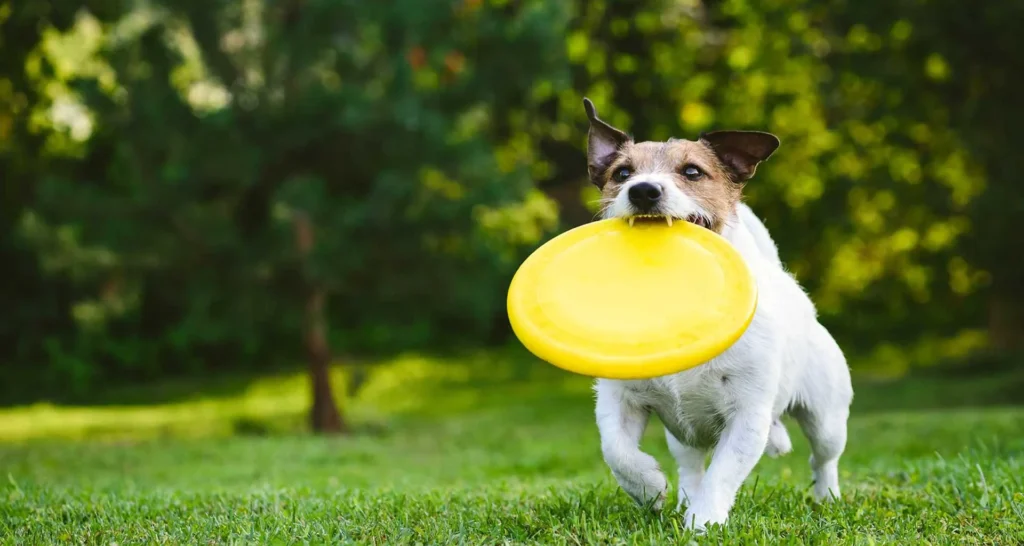
Diet alone won’t keep your dog healthy and fit. Regular exercise is equally important. While spayed and neutered dogs may not be as active as they once were, they can still benefit from daily walks, playtime, or swimming. Exercise helps to regulate weight, supports joint health, and boosts mood.
Try to incorporate both physical and mental stimulation into your dog’s daily routine. Mental exercises, such as puzzle toys or training sessions, can also help keep your dog engaged and satisfied.
For structured guidance, consider enrolling in one of the Best Online Dog Training Courses & Programs—these programs are perfect for building skills, improving behavior right from home.
Common Mistakes to Avoid

- Not Adjusting Food Intake: After spaying or neutering, it’s crucial to reduce your dog’s caloric intake to prevent weight gain.
- Feeding Low-Quality Foods: Avoid foods with fillers like corn, wheat, and soy, as they provide little nutritional value. Look for foods with high-quality proteins and essential nutrients.
- Overfeeding Treats: Treats can quickly add up in calories, so be sure to factor them into your dog’s daily intake.
Keeping Your Spayed or Neutered Dog Healthy
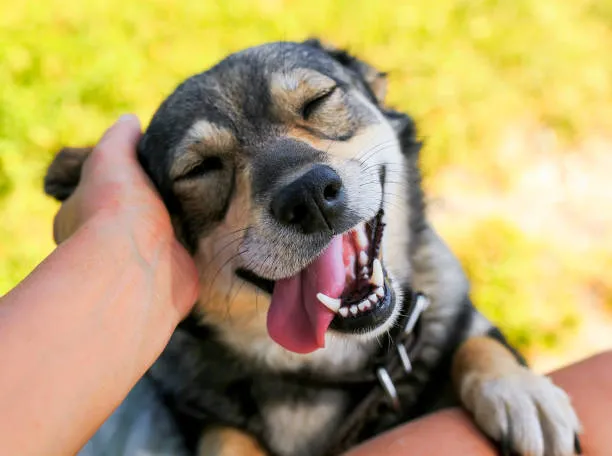
In conclusion, selecting the right food for your spayed or neutered dog is essential for maintaining a healthy weight and supporting their overall well-being. By choosing high-quality foods with balanced nutrition, controlling portions, and incorporating regular exercise, you can help your dog thrive in their post-surgery life.
Always remember to consult with your veterinarian for personalized dietary advice and ensure your dog receives regular vet check-ups: learn more in 5 Important Reasons to Take Your Dog to the Vet Regularly. With proper care, your dog can enjoy many healthy and happy years ahead.

